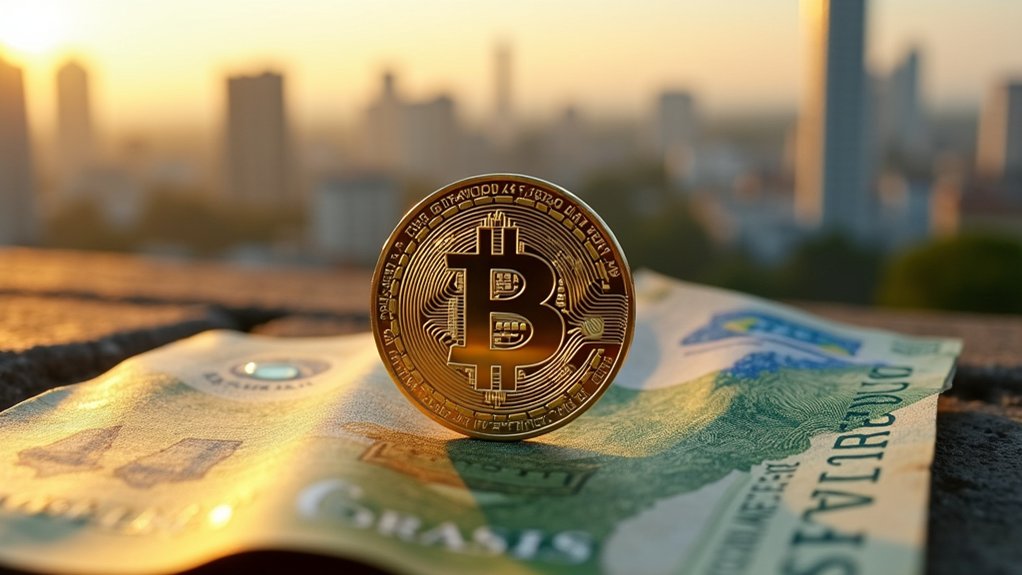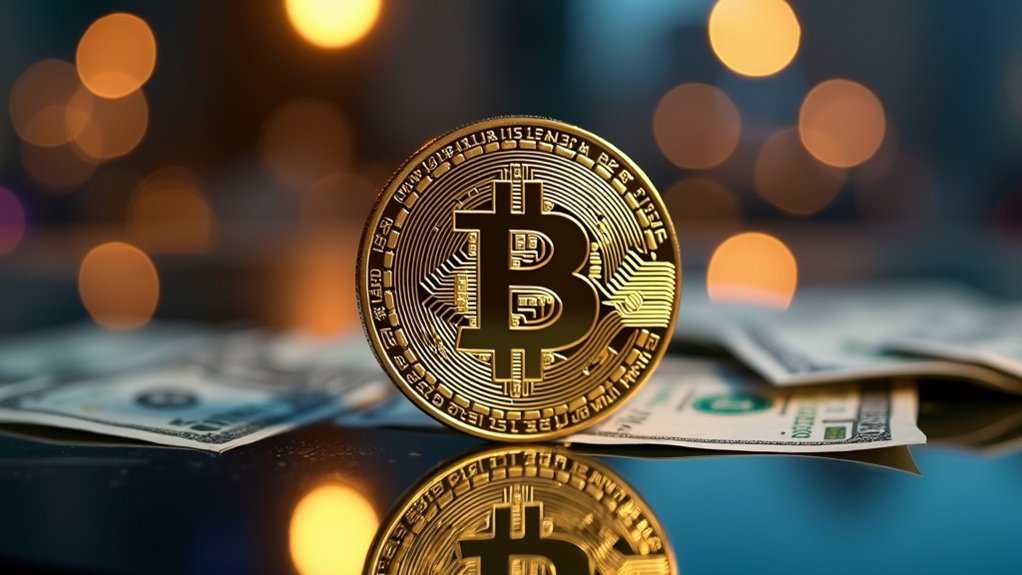In a bold move that could shake up the financial landscape, Brazil is considering letting workers receive part of their salaries in Bitcoin. Yes, you heard that right. The idea is to allow employers to pay up to 50% of salaries in this volatile cryptocurrency. But hold on—there’s a catch. At least 50% of your paycheck still needs to be in good old Brazilian real. Because, you know, the government just can’t let go of the reins completely.
The bill, introduced by Federal Deputy Luiz Philippe de Orleans e Bragança, is officially known as PL 957/2025. Filed on March 12, 2025, it aims to create a safer environment for using cryptocurrencies in the workplace. Sure, it sounds like a futuristic dream, but all Bitcoin payments will have to adhere to an exchange rate set by a central bank-authorized institution. Don’t you just love more bureaucracy? This initiative aligns with Brazil’s recent legislation recognizing Bitcoin as a virtual asset under Law No. 14,478/2022. Stablecoins can also provide a more predictable alternative for transactions in the digital currency landscape.
Now, let’s talk about who gets to cash in on this digital currency bonanza. Most employees will have to stick to that pesky 50% limit. However, independent contractors and expatriates could potentially receive their entire pay in Bitcoin. Lucky them, right? But hey, there are still some strings attached. Independent contractors need contractual agreements, while expatriates must follow Central Bank guidelines. Good luck figuring all that out! Additionally, independent service providers can be fully compensated in Bitcoin under certain conditions, providing them with more flexibility.
The potential impact on Brazil’s fintech sector is hard to ignore. The legislation could attract foreign investments and provide workers with more financial choices. But let’s not forget the risks. Cryptocurrencies are notoriously volatile, which is why that 50% cap is in place. It’s like a safety net for those who want to dip their toes into the crypto pool without drowning.
In the end, this bill could set a precedent. Other countries might start looking at Brazil’s experiment with a mix of curiosity and envy. Who knows? This could be the beginning of a new era—or just another wild ride in the world of finance.





